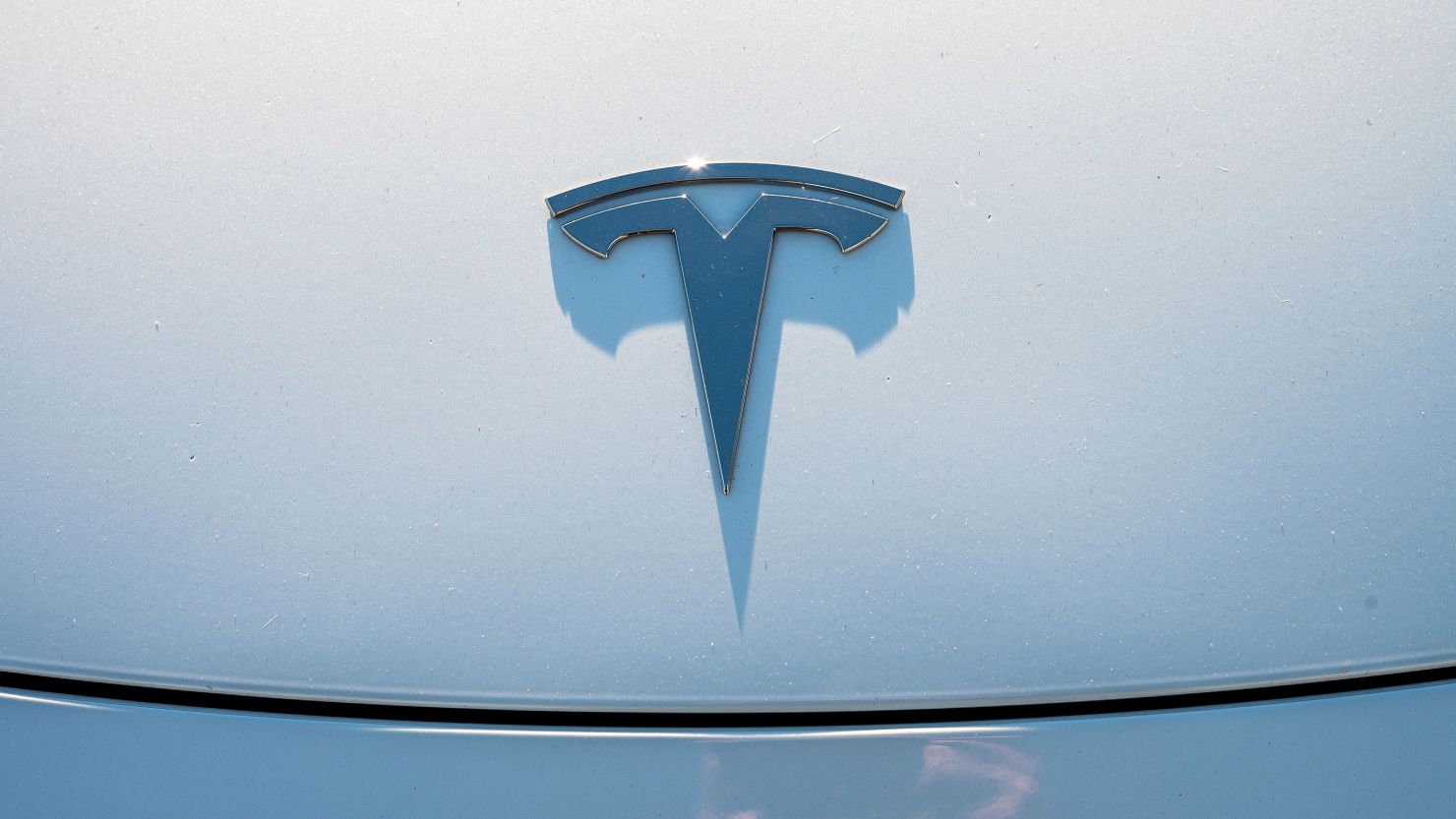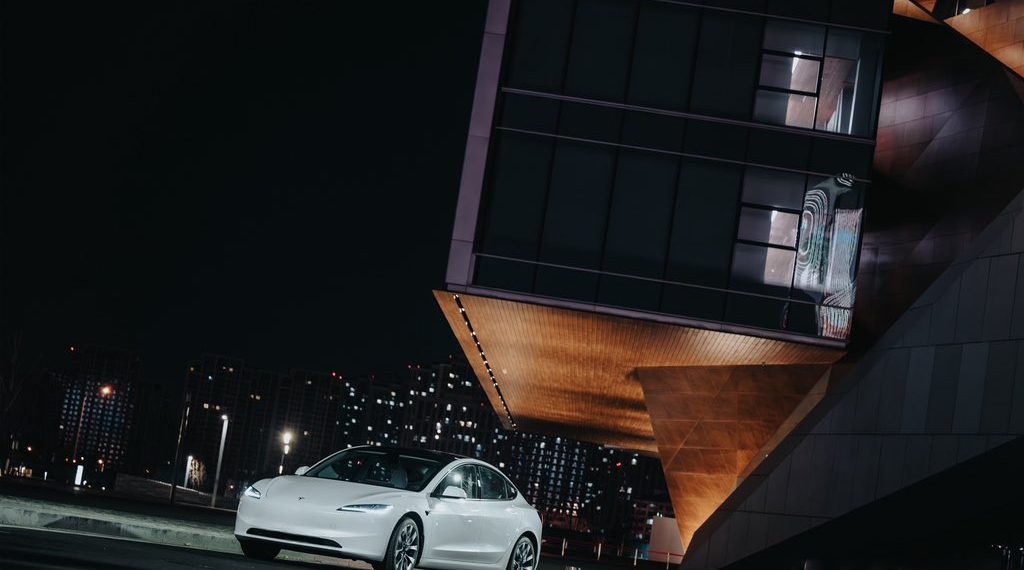Elon Musk, during his recent visit to China, proposed testing Tesla‘s advanced driver-assistance package by deploying it in robotaxis, as reported by the state-backed China Daily newspaper.
Chinese officials conveyed their openness to Tesla conducting robotaxi tests in the country, emphasizing the opportunity to set a positive example.
Widespread approval for Tesla’s Full Self-Driving (FSD) functions was not immediately granted by Chinese authorities.
Before the full rollout of FSD, Tesla requires approval to collect and transfer data necessary to train its driver-assistance features.

While this issue wasn’t extensively discussed during Musk’s visit, sources indicate that Tesla aims to apply for robotaxi tests in Shanghai, home to its largest global factory.
Tesla and the Shanghai city government have yet to respond to requests for comment on the matter.
Musk’s recent trip to Beijing included discussions on FSD rollout and securing government approvals for data transfer overseas, which is important for autonomous vehicle development.
FSD, introduced in 2020, offers advanced autonomous features such as self-parking, lane changes, and traffic navigation.
Musk’s visit also garnered support from a top Chinese auto association, endorsing Tesla’s compliance with data-security regulations, potentially easing entry into previously restricted areas in China.
Tesla’s collaboration with Baidu for mapping license usage aimed to improve data collection on Chinese roads, a step towards FSD rollout.

However, the China Daily, citing a source close to Baidu, clarified that this deal was unrelated to FSD and solely focused on enhancing map accuracy.
Musk’s shift in focus from affordable electric cars to autonomous driving software and robotaxis aligns with Tesla’s strategic evolution.
While details remain vague, the company hinted at developing a purpose-built robotaxi product with a revolutionary manufacturing approach, signaling its commitment to autonomous driving.
China’s advancements in self-driving technology, with companies like Baidu and Pony.ai launching robotaxi services in test zones, highlight the nation’s leading role in the autonomous vehicle landscape.




